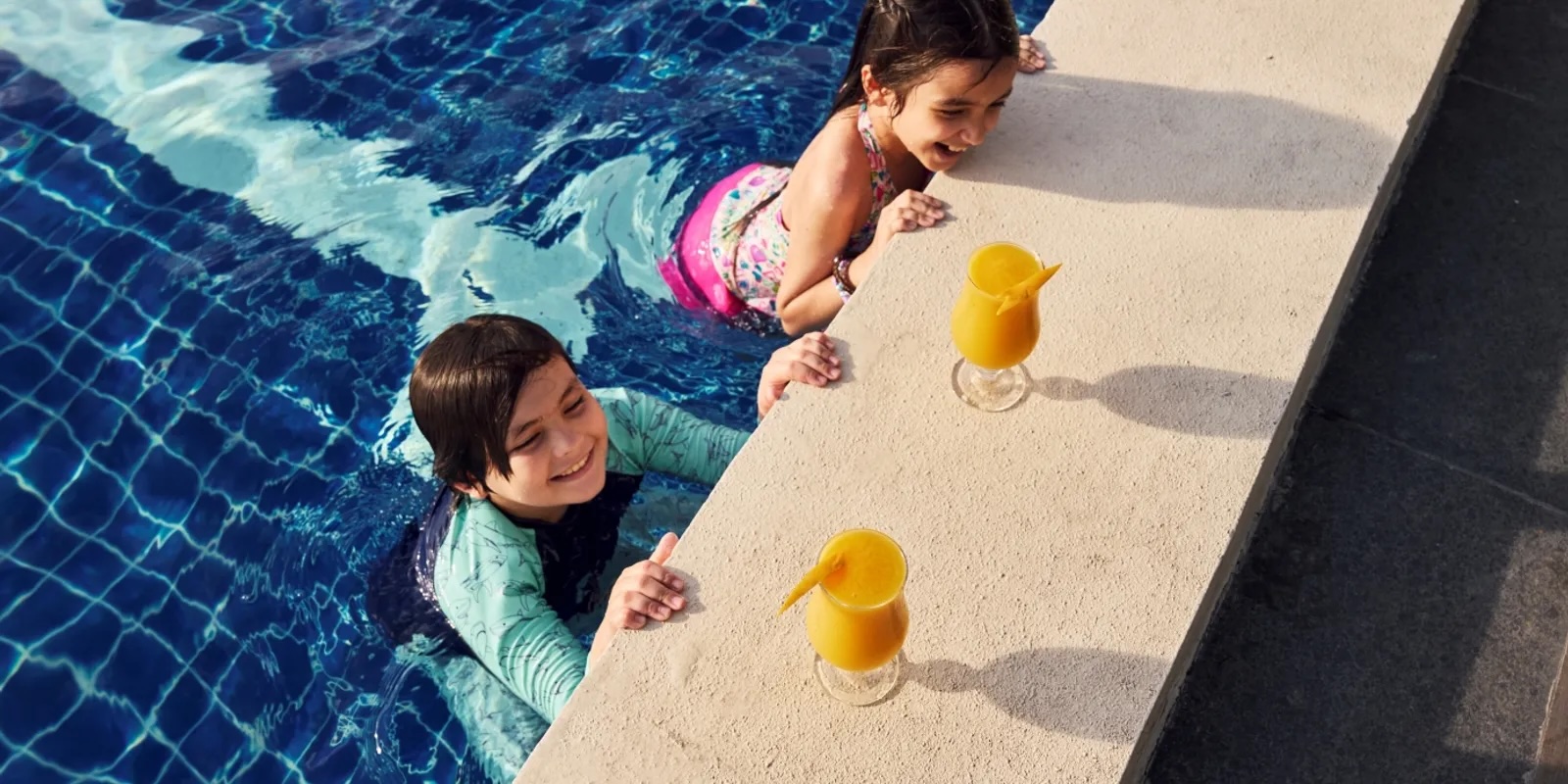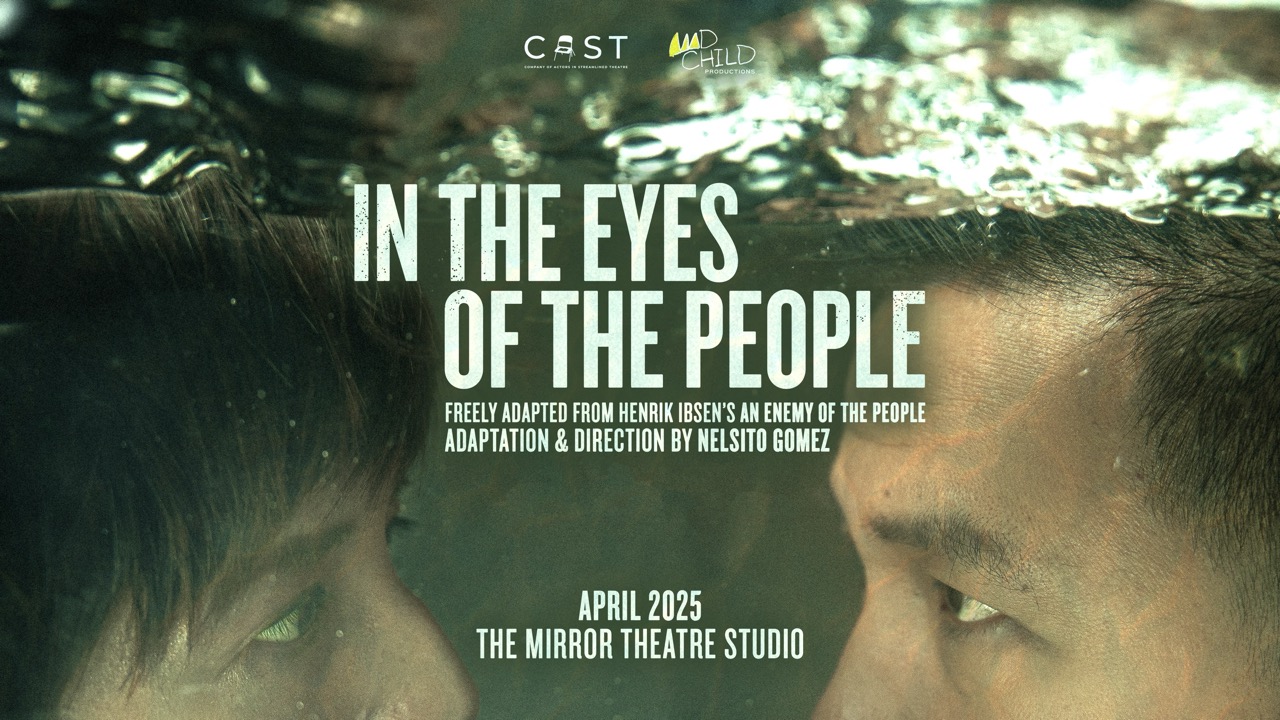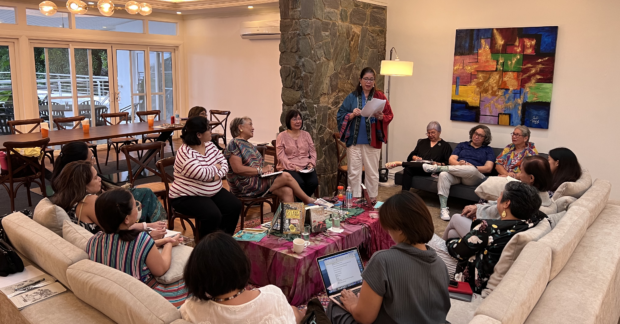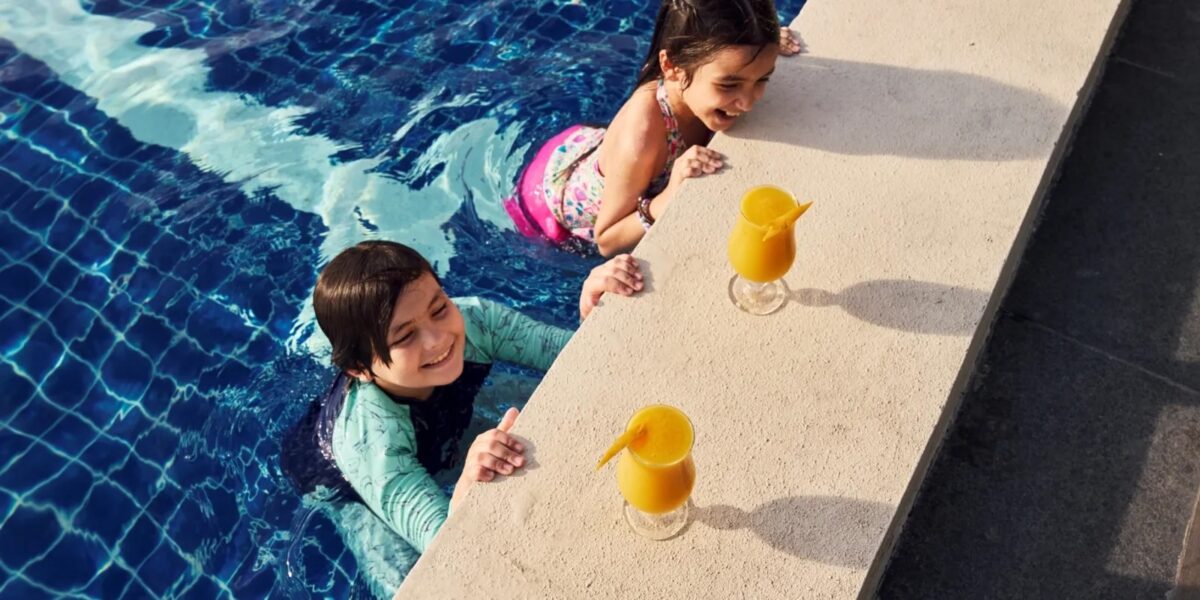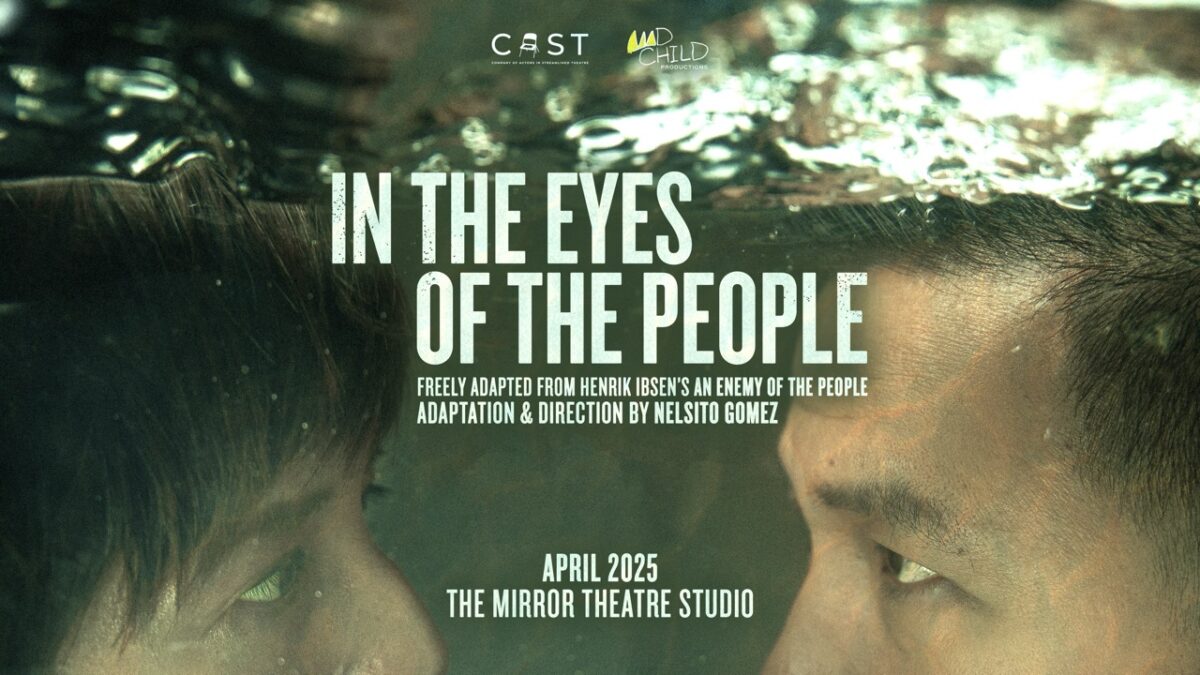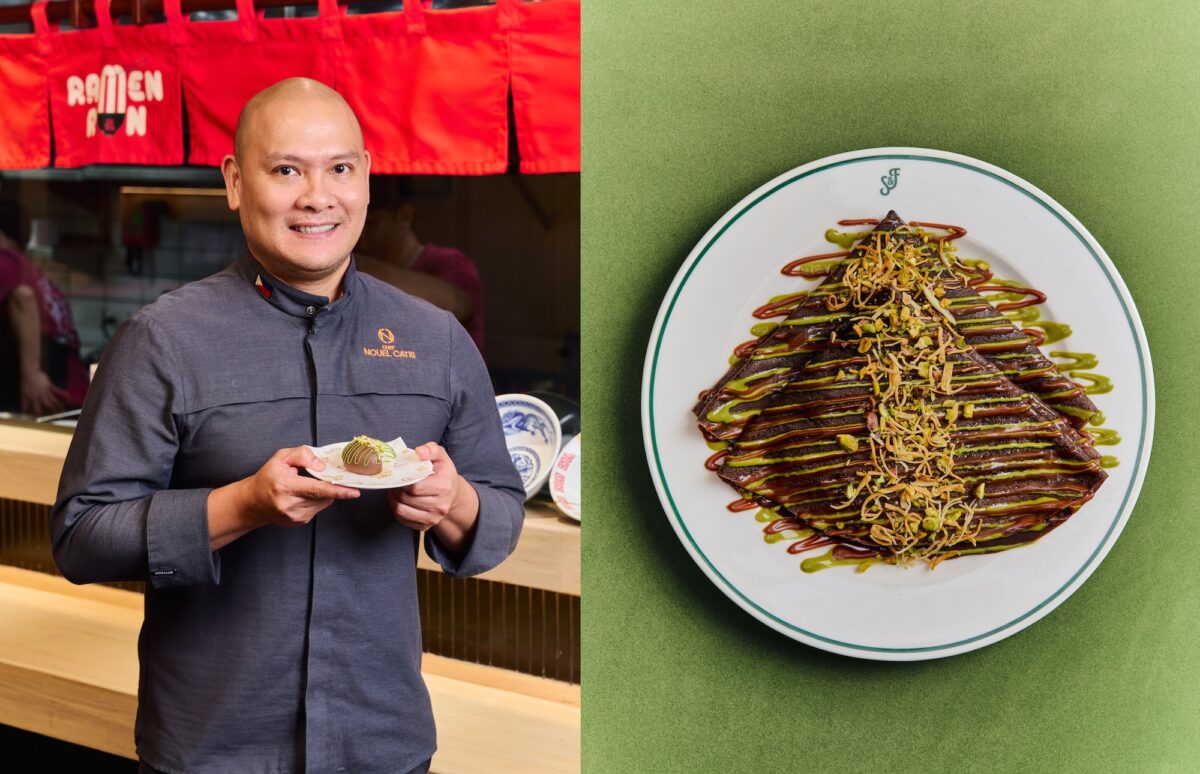
ALANAH TORRALBA
A child who is used to parents covering up for his/her mistakes will carry on that behavior well into adulthood, said Dr. Honey Carandang, national social scientist and founder-president of Mindfulness, Love and Compassion (MLAC) Institute for Psychosocial Services Inc.
Carandang noted that when Unesco convened a group of social scientists, psychologists and anthropologists, the Philippine panel was asked why a culture of impunity existed in the country.
“It starts innocently in the family. As a culture we are not good at giving consequences to wrongdoing, for the child to be held accountable for his/her actions. A mother might say, ‘Don’t tell your dad or he might spank you.’ ’Pag may ginawa na masama, kailangan may punishment. Provide appropriate consequences for behavior—huwag mong saluhin,” Carandang said.
The MLAC Institute launched this year the Parenting Academy, anchored on Carandang’s 40 years of practice, readings and studies dealing with the Filipino family. The academy provides tools and guidelines for parents on how to raise a child.
Nation-building
“Parenting is the most basic, most important task for nation-building. If you want to be a driver or a cook, you must have skills. But to be a parent, no skills are needed. The only requirement to be a parent is to have a child. Nobody teaches you how to be a parent. People are doing parenting the way they were parented—oido lang lahat,” she said.
The Parenting Academy covers the entire spectrum of parenting, from infancy to adulthood to parenting the parent. It will challenge old parenting cultures and traditions, and will revolutionize the way parents look at parenting.
“We look at what is in their minds and their beliefs, because it is the belief that perpetuates the way they discipline,” said Carandang.
Values are not taught but absorbed subliminally, unconsciously and effortlessly. “The effect is so deep, and we only know what our parents did to us was wrong when we get older, because you have no critical thinking at a certain age,” she pointed out.
A very young girl, for instance, who grows up with undemonstrative parents will not see them as unloving. Instead, the child will see herself as unlovable, when, in fact, her parents had been neglectful of her.
“We need to pay attention to parenting. To become an effective parent you must be mindful, conscious and aware. It’s called mindful parenting. You must know what you’re doing, and why you’re doing it. Parenting is developmental. You have to grow with the child. You cannot parent a 15-year-old the way you parented her at 8,” she said.
Frustrations
Putting your child’s needs before yours is not always a good idea. Carandang stressed that it is important for parents to become aware of their needs first, and address those needs accordingly, before engaging the child.
A parent who goes straight to the child after a long day at work, for example, will most likely end up venting his/her frustrations on the child.
“Have burnout prevention strategies for yourself. Change your clothes, wash your hands, and when you’re okay, meet your child. But people don’t do that because they’re in a hurry. So what happens is, all the resentment, exhaustion, frustration, nabubuhos sa bata,” she said.
These strategies become even more important as the parents reach midlife. Midlife is the sandwich generation, Carandang said. This generation’s child becomes a teenager.
Parents will find ways to connect with their teenager, who will in turn be parenting their aging parents, as the parents face their own internal issues at midlife.
“Everybody has issues, but how are you sure that your issues are not projected toward the child? Take care of yourself first; if you have a need you didn’t take care of, your child will suffer the consequences of that unmet need,” she said.
The core value of discipline, however, is respect—for your spouse, and for your child.
“Mindful parenting is a quiet revolution. We are teaching a mode of thinking. By doing this, we are going against the myth na bata lang ’yan. You have to stand up and protect the dignity of the child,” Carandang said.
When children speak their minds, when their opinions differ from those of their parents, Filipino parents immediately think their child is talking back. But that is just another cultural myth.
“The parent who doesn’t respect the child will say, ‘Marunong ka pa sa akin.’ We have to erase that myth of ‘bata lang yan.’ Listen to the wisdom of the child. Minsan ’pag nagdidisiplina ka, may kasamang insult pa. Think about the effect that will have on your child,” she said.
In today’s society, parenting gets more complicated. There’s technology—Facebook and Twitter intruding into family’s life—as well as the situations of OFWs, single parents, absentee parents.
“Parenting is not that simple, but it is vital to how the individual becomes a person,” she said.
For more information, visit MLAC at 2 Kaunlaran St., Kawilihan Village, Bagong Ilog, Pasig City; check out www.mlacinstitute.com; tel. 0916-6821437, 0917-5019583.




